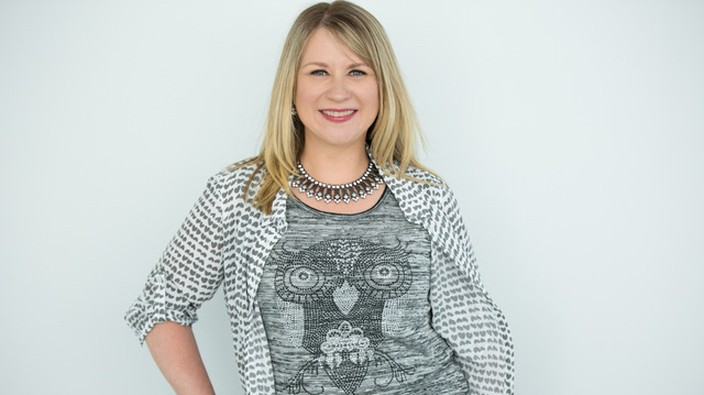reduced interest in sex or fewer sexual thoughts are two examples of low sexual desire — a term used to describe something one in three women experience at some point in their life. the culprit? often it’s stress.
that’s according to a new initiative from the university of british columbia (ubc)
sexual health lab, where a team of researchers is turning to social media to raise awareness around the topic of sexual desire. the objective is to debunk myths, share quality resources and help women understand they are not alone.
the campaign is called #debunkingdesire, led by dr. lori brotto, ubc professor and clinical psychologist, who is also the author of better sex through mindfulness.
“sexual desire is different for everyone,” says brotto. “it’s not an on-off switch like some people may think. it’s more of a sliding scale; something that can come and go, similar to happiness or sadness.”
the campaign’s website,
debunkingdesire.com, shows that low or absent sexual desire is the most common sexual complaint from women of all ages. sexual desire can be impacted by relationship challenges, fatigue, mood, but the one of the biggest influencers on sexual desire is stress.
“we know life’s stressors can impact a woman’s sexual desire,” says brotto. “women tell us they often have trouble turning off the many to-do lists in their heads.”
